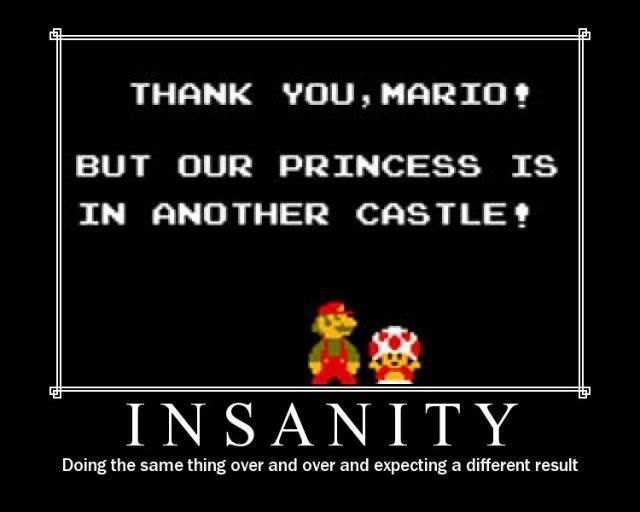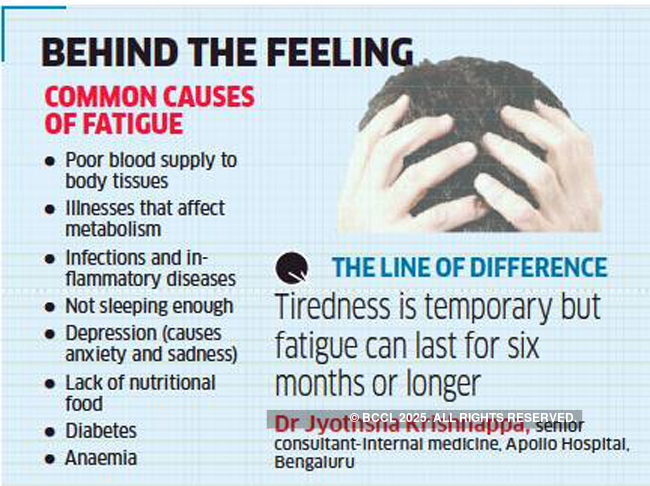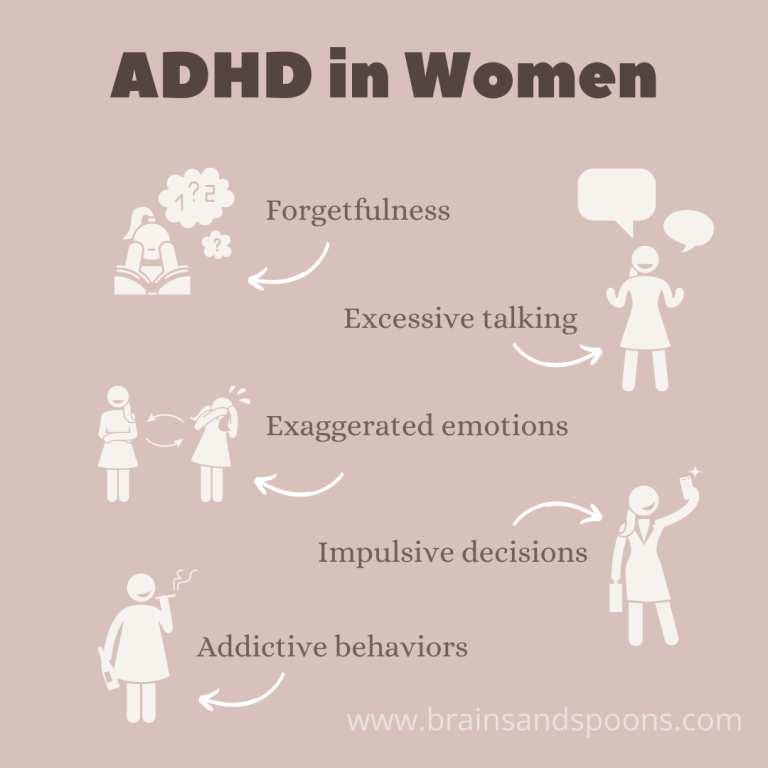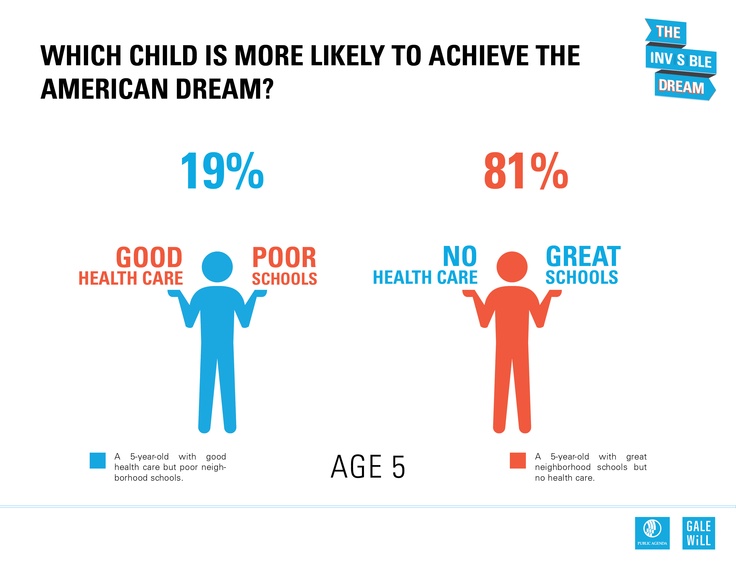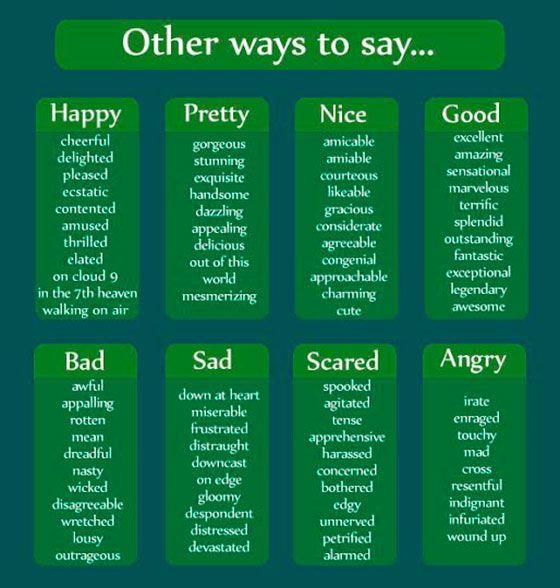I want to be independent
How To Become Independent → 6 Ways To Increase Independence
Takeaway: None of us can go through life alone, but sometimes, we need more independence. In this post, I'll explain the tips I share with my therapy clients on how they can become more independent.
We all rely on others to some extent--there’s nothing wrong with needing others. Leaning on people for support is part of being human.
As young children, we rely on our parents for everything. In our teenage years, we slowly start to venture into the world and have some personal freedom--yet still ultimately rely on the adults in our lives.
Even in adulthood, we need other people. None of us can go through this life completely alone.
With that being said, it’s also important to feel confident in yourself and your abilities. It feels good to know that you can trust yourself to make your own decisions and handle things on your own.
Becoming independent can be easier said than done.
However, with a little practice you can feel more in control over your life.
Hi, I'm Justine Carino, a therapist in Westchester. Read on for my top tips on how to become independent.
Tips for how to become more independent
People don’t just wake up one day and magically become independent (though wouldn’t that be nice?) Independence is a trait that takes practice to build. These skills can help you do that.
Learn more about yourself
The first step to becoming more independent is knowing what you want--and acting on it. If you’re consumed with the idea of what other people think or want, you’ll never gain true autonomy.
It’s not a bad quality to consider the opinions of others. However, when you value the thoughts and feelings of other people over your own, you undermine your own authority.
If you really want to be more independent, it’s essential to get to know yourself: your personality, likes and dislikes, needs, and goals. You can use journaling, meditation, time in nature, or whatever fits your personality to gain a deeper understanding of yourself.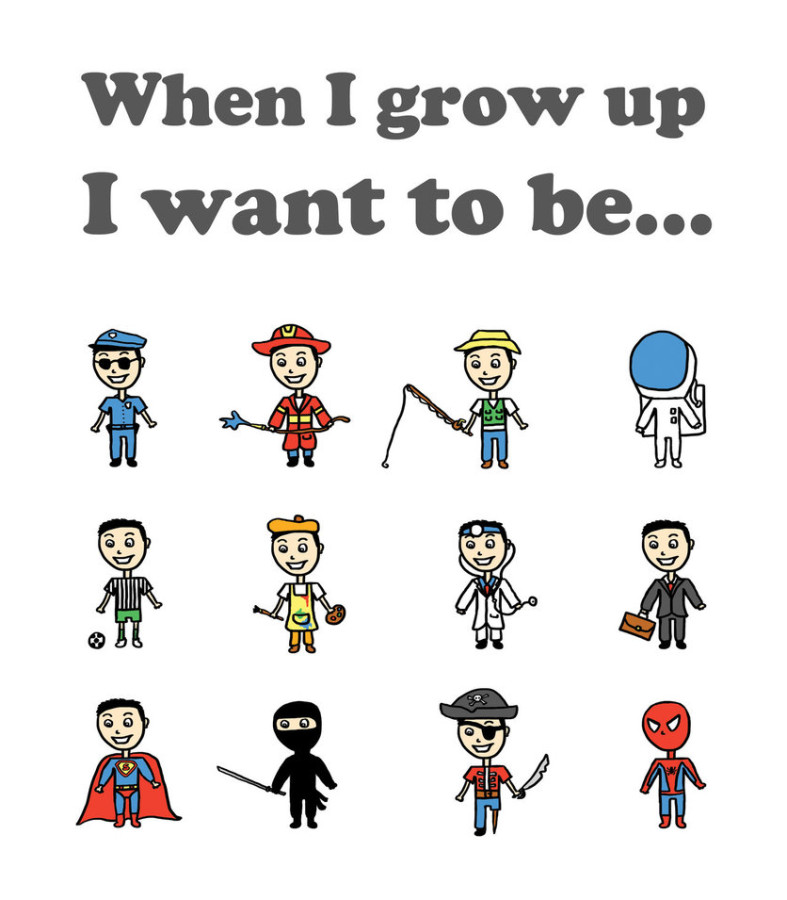
Spend time with yourself
Having time alone to build independence seems obvious, but it’s easier said than done. Many people struggle to eat alone at a restaurant, go shopping by themselves, or even be at home without another person there.
However, part of learning how to become more independent is developing the ability to not only be alone, but to enjoy time with yourself.
Use this alone time to be with your thoughts instead of pushing them aside or focusing too intently on others. Time with yourself is also great for fostering the hobbies and activities that you enjoy.
It may feel uncomfortable at first, but having time alone will help you gain a sense of self-sufficiency. The more you practice, the more you will feel comfortable spending time by yourself.
Build your confidence
Believe it or not, confidence isn’t something you either have or you don’t--or at least it doesn’t have to be. Self esteem is something that you can intentionally build over time.
Challenge yourself to think about the things that you like about yourself. They can be related to your physical appearance, personality traits, or any talents or skills you have. Write these down and display them where you can see them often, and add to the list whenever you can.
You can also build confidence by talking back to the negative voice in your head that tells you you’re not good enough--it’s not true!
Working on your self esteem can help you roll back your dependence on other people and give you the boost you need to start making decisions yourself.
Uncover what’s holding you back
Many people can find it difficult to become more independent. It can be challenging to figure out what’s holding you back from having more authority over your life.
Sometimes, past experiences in life can keep you from moving forward in a way that aligns with your values and goals. There can also be other factors in your life that leave you feeling more reliant on others than you want to be.
Therapy can help you make sense of this all. With the support of a therapist, you can uncover what’s preventing you from becoming more independent and learn new skills to be your own person.
Advocate for yourself
Becoming more independent involves standing up for yourself. If you constantly bend to what other people expect of you, even if it doesn’t align with your values, it will be difficult to ever feel truly independent.
There is a common misconception that you need to be aggressive in order to stand up for yourself. However, you don’t need to be rude or harsh in order to advocate for yourself.
Self-advocacy may entail standing up for yourself when someone hurts your feelings, sharing your thoughts in a group, or telling people what you need or how you feel. It can be done in a calm yet firm way.
Standing up for yourself shows that you can have your own back in difficult situations instead of having to rely on someone else. Practicing this skill can help you feel more independent.
Be your own support system
Part of learning how to become independent is learning how to support yourself emotionally. Of course, it’s always important to keep supportive people in your life that you can rely on. However, it’s unrealistic to think that they will always be there for you in the specific way that you need them to be at the exact time you need them to be there.
It’s important to foster your ability to be your own support system at times. Using coping skills like breathing exercises, walking, taking a hot bath, or other self-care activities are ways of showing yourself love and support.
Building your capacity to be there for yourself can help you grow your independence since you won’t need to constantly rely on others for support.
Learn how to become more independent with the help of a therapist
Are you still feeling unsure about how to become independent? In therapy, you can learn more about yourself and find strategies to help you step into your own.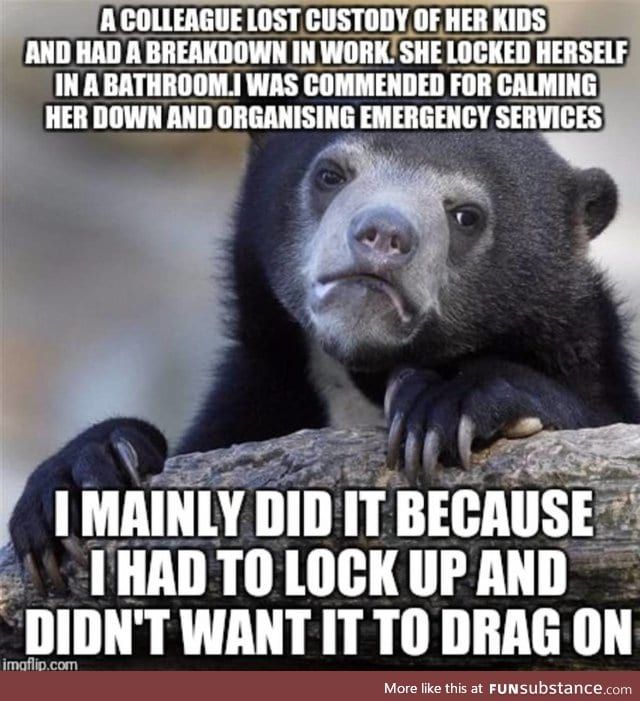 I'm a therapist in Westchester County, NY. If you’d like to learn more about how therapy or coaching can help you learn how to become more independent, reach out today.
I'm a therapist in Westchester County, NY. If you’d like to learn more about how therapy or coaching can help you learn how to become more independent, reach out today.
Curious if "people-pleasing" tendencies causes some anxiety which makes it difficult to be on your own, take my "people-pleaser" quiz to find out the type of people pleaser you are and get tips on how to manage this. You can take the quiz here!
How to Be More Independent and Less Codependent: 6 Ways
Learning how to become independent can help you discover newfound confidence and overcome codependency.
Codependency can be viewed as an unhealthy reliance on another person that typically begins during childhood. However, the exact reason for codependency isn’t fully known.
Codependency may also stem from taking care of someone else’s needs who has an illness or a substance use addiction, but not always.
If you believe that you’re experiencing signs of codependency there are steps you can take to develop a healthy relationship, not only with yourself but also with those you love.
It can be difficult to overcome codependency. But the journey to living a more independent life will take patience as you relearn and discover what best supports you.
Consider the following recommendations as a starting point to help you along the way.
One definition of codependence includes a lack of clear personal boundaries. Codependent individuals often have difficulty knowing how to speak up for themselves and may sacrifice their personal needs for someone else.
Setting boundaries allows you to speak up for yourself, and shows that you can listen to your body physically and emotionally. It also establishes how you expect for others to treat and respect you based on your personal values and beliefs.
It will take consistent practice to build and maintain healthy boundaries. But as you identify limits that you’d like to set with yourself and others, you may become more independent and feel safe to express your needs.
Learning practical communication skills can help you when establishing healthy boundaries.
Whether you have a partner or need to communicate your needs in a friendship or with a family member, the need to set boundaries occurs in all types of relationships.
If you are a passive communicator, chances are you’re not getting your needs met, or you might go along with what anyone else might say to avoid conflict.
Practicing assertive communication will show that you:
- are aware of your needs
- can communicate those needs clearly
- can set and enforce clear boundaries
Consider giving yourself space to reflect on your thoughts before communicating with others, to help you express yourself confidently. It doesn’t have to be long, you may just take three deep breaths to offer yourself more time before responding during a conversation.
Codependent individuals often lack a sense of self. If you strive to be more independent, seek out hobbies you enjoy and do them on your own. Finding activities you enjoy can help you know yourself and your interests.
Activities and hobbies that you enjoy may include but aren’t limited to:
- cooking
- baking
- writing in a journal
- painting or drawing
- pilates
- taking a relaxing bath
- walking in nature
- reading
One practice that can help you overcome codependency is behavioral activation, which is often used in cognitive behavioral therapy (CBT) to help treat depression. Research experts also suggest that it helps with identity and behavior change.
If you’re in need of support, consider speaking with a mental health professional to help you discover activities that bring you a sense of joy and confidence.
Consider trying something new and being open to learning new skills. It may take some time for you to find activities that you enjoy, but it can bring you a sense of fulfillment.
Spending time in solitude, meditating, and recharging yourself can possibly provide you with a world of confidence.
A 2020 study found that solitude can positively impact emerging adults’ well-being and mental health when it is intentional.
The author of the study above suggests that time away from peers and other people allows one to regroup, away from life’s stressors. She also offers that the absence of societal pressures provides for a greater reflection of one’s thoughts, feelings, and values.
Spending time alone can help lower levels of depression, increase self-esteem, and build stronger emotion regulation skills. Solitude can help develop these skills without reliance on another person to know your thoughts, values, and feelings.
If you have codependent tendencies, it may be difficult to let another person make their own decisions. It can be tough to watch someone you care about make decisions that hurt themselves or you.
Remember that you cannot control another’s behavior; you can only control your thoughts, feelings, and behaviors. Letting go of being responsible for others’ well-being can be very freeing.
It’s okay to find it challenging to be independent. Whether you’re in a relationship or not, setting boundaries and finding your own voice can be difficult.
Having codependent tendencies doesn’t mean you have something wrong with you. In fact, it often stems from caring quite a bit. The trouble with this is that the caretaking can extend beyond what one person can handle.
Codependent relationships can be up and down rollercoasters that are often hard for the person entangled with another. A qualified mental health professional can help you better understand yourself and relationships and teach you skills for setting better boundaries with others.
A mental health professional can also help you identify codependent patterns of behaviors in your relationships with others and help you get to the root of these behaviors.
If you need help finding mental health support, you can check out Psych Central’s Find a Therapist resources.
Independent and codependent are often viewed as opposites.
Sometimes people may take being independent to an extreme where they feel they can’t rely on or get close to anyone. Extreme independence can be just as unhealthy as having codependent tendencies.
But if you find yourself experiencing codependent tendencies, then taking steps toward being more independent can be beneficial and help you know yourself better.
If you recognize that you have codependent tendencies, there is support available, and healing is possible.
First, you may consider joining a support group for codependent individuals. CoDA or Codependents Anonymous is a 12-step-based group that offers in-person and online meetings. According to their website, their only requirement for membership is “a desire for healthy and loving relationships.”
There are also several books available that can help with overcoming codependent tendencies. If you’re interested, you may consider picking up one of these books:
- “The New Codependency“
- “Codependent No More”
- “The Language of Letting Go: Daily Reflections for Codependents“
- “Facing Codependence: What It Is, Where It Comes From, and How It Sabotages Our Lives“
- “The Road Back to Me: Healing and Recovering from Co-dependency, Addiction, Enabling, and Low Self-Esteem“
When you begin to recognize codependent behavior patterns and start to heal from them, you’re on the path toward developing healthier relationships with yourself and others.
You can recover by being honest with yourself and gaining support from others if necessary.
How to become independent and at the same time keep in touch with family and colleagues?
“…My life has become a struggle for independence. I honed my fighting skills in this war for a better life. But having reached the victory, I suddenly realized that I was left alone. I remained married, but now my husband and I seem to have become one by one, ”from a conversation with a female leader (39 years old, married, 2 children), who turned to me about establishing family relationships.
“I want to become independent from… My life depends on… In my life I strive for independence…”, - this is how my work with many of my clients, successful in their own business, career and not very successful, young and more mature, married, divorced or just wanting to start a family. People with completely different social and financial positions, status, etc. want to become “independent”. In work, this desire is manifested in the desire to gain or maintain an independent status, in personal life - independence from a partner. nine0003
People with completely different social and financial positions, status, etc. want to become “independent”. In work, this desire is manifested in the desire to gain or maintain an independent status, in personal life - independence from a partner. nine0003
Dependent and co-dependent people tolerate and expect their needs to be met by their environment. When patience ends, we move into a state of independence. In other words, independence is already a struggle to satisfy our needs. Unlike in a state of dependency, where we wait for someone to owe us something, in a state of independence, we take active steps to meet our needs at the expense of our environment.
But there is one “But!”. When we are in a state of independence, we have an absolute desire to do our own thing, to live our own way and without anyone else's interference. Moreover, we “have already waited long enough, endured” that “others will guess and do for us. ” Since our environment did not satisfy our needs (or did not meet our expectations), we did not want to endure more and longer. Everybody! Enough! nine0003
” Since our environment did not satisfy our needs (or did not meet our expectations), we did not want to endure more and longer. Everybody! Enough! nine0003
Independence is a state of sovereignty, isolation. If you play with words, then when describing independence, associations arise “hang in nowhere”. Independence is like running FROM something, not To something. Independence can be fought for, defended or defended.
It's very difficult to live for independence, isn't it? The state of independence is very energy-intensive, because the struggle, the war requires a lot, it requires constant mobilization, attention, control and tension. We begin to resist the actions or inaction of the reality around us, people and systems of relationships. In social or interpersonal terms, the state of independence is characterized by such a concept as "loneliness" - this is the difficulty of convergence with people out of fear of losing their sovereignty, their isolation. nine0003
nine0003
In independent couples, spouses very often keep separate budgets, in such couples “yours” and “mine” are very clearly separated. Spouses, partners seem to be every man for himself, and moments of intimacy are rare and look more like short breaks or “truce”. In independent relationships at work, there are “my” and “your tasks”, all efforts are aimed at “my” maximum gain, and everything else is foreseen or unforeseen, but always “purposeful” losses.
Independent people sometimes hide their emotions under an emotional mask of well-being or (more often) indifference, indifference and even cynicism. "It's none of our business," they might say, independent people are reluctant to give or accept help, seeing it as a sign of their own weakness. In the wake of the struggle for independence, various currents of the "struggle for ..." arise - for the rights of women or men, for the rights of tall or fat people, and the like. nine0003
nine0003
In "independence" it is impossible to live and create, in "independence" one can only live and fight... Independent people understand such definitions as "weak, weakness" and "strong, strength" very well. These people talk about the fact that “everyone has their own ceiling” or about the need to “enter a new orbit”. Independents are "champions" who live for the future, for future achievements. They do not allow themselves to live here and now. And, if there is no future for dependent people, then there is no present for independent people - there is no need, there is no time to live now, everything is devoted to the struggle for life tomorrow. nine0003
In a state of independence, we have only a competitive struggle, in which, under different masks, the desire to win is hidden. And it seems that this victory is the long-awaited key to personal happiness. But independence is our state when we feel as if under the gun of the world around us, and, in turn, we aim at everything that surrounds us. Victory in independence does not bring us satisfaction. The struggle to satisfy our needs, for life without anyone, brings only one fruit to its winner: he remains alone inside the walls he has erected - his independence. And over time, we understand that an independent life and an independent life are not the same thing. nine0003
But independence is our state when we feel as if under the gun of the world around us, and, in turn, we aim at everything that surrounds us. Victory in independence does not bring us satisfaction. The struggle to satisfy our needs, for life without anyone, brings only one fruit to its winner: he remains alone inside the walls he has erected - his independence. And over time, we understand that an independent life and an independent life are not the same thing. nine0003
How the desire to be strong and independent can turn against you
November 17, 2021 Life
The desire to rely on oneself in everything limits the possibilities and leads to burnout.
You can listen to the article. If it's more convenient for you, turn on the podcast:
Independence is positioned as exceptionally good quality. And quite rightly: an adult capable person should be able to take care of himself.
But the concept of "independence" is often distorted and exaggerated, implying that one must completely refuse support and help and independently cope with absolutely any situation, even a very difficult one. This approach can be very damaging.
This approach can be very damaging.
Why it is dangerous to be strong and independent
Psychologists believe that there is a direct correlation between the level of life satisfaction and the ability to trust other people in case of difficulties, rely on them.
It also works in the opposite direction: if a person furiously proves his status as strong and independent, he risks being isolated, which in turn can lead to depression. But this is not the only problem. nine0003
This leads to burnout
“Since I am independent, I have to do everything myself. Don't ask for help, don't delegate tasks, don't try to make things easier." This logic guides those who take independence literally. And so they really try to proudly pull the strap all alone, both at work and at home, refuse help, do not allow themselves to relax.
This leads to tremendous fatigue, emotional stress and eventually to burnout, when there is not enough strength even for elementary tasks. Because to take on everything and live with the feeling that no one will take this burden off you, and the truth is very difficult. nine0003
Because to take on everything and live with the feeling that no one will take this burden off you, and the truth is very difficult. nine0003
Learn 😐
- What is burnout at work and how to deal with it
It deprives interesting opportunities
People who never ask for help are less likely to make useful contacts, learn something new or get interesting things offer.
For example, a person is looking for a job. He can immediately go to the site with vacancies, or he can first ask friends, ask subscribers on social networks and ask them to repost his resume. It is quite possible that word of mouth will lead him to a good employer who just needs a new employee, but prefers to look for him among "his own". And the “independent” candidate would never have come up with this proposal if he had not asked friends for help. nine0003
This increases the risk of being alone
In no case should you depend on other people, not only financially, but also emotionally. And any close relationship is a real addiction. You no longer fully belong to yourself, you become more vulnerable, plans and goals need to be adjusted in accordance with the goals and plans of your partner.
And any close relationship is a real addiction. You no longer fully belong to yourself, you become more vulnerable, plans and goals need to be adjusted in accordance with the goals and plans of your partner.
A person who painfully wants to be independent may think so and will carefully avoid intimacy. This means that he runs the risk of building such a thick wall around himself that no one can break through it. nine0003
Understand 🛑
- Counterdependence: why a person avoids intimate relationships and what to do about it
This increases the chances of making a mistake
Strong and independent people prefer not to consult with anyone and rely only on their own mind and their knowledge. At the same time, they can miss something important and make a serious mistake, “do things”. nine0003
Let's say a person wants to buy a house and chooses it himself, without consulting with friends who already have such experience, or with consultants who help to check the property and choose the right one. Everything can end happily, but there is a risk that a person will be deceived, for example, after the purchase, serious technical flaws or problems with documents will be revealed. And all this could have been avoided if someone had looked at the situation with a fresh, unfiltered look.
Everything can end happily, but there is a risk that a person will be deceived, for example, after the purchase, serious technical flaws or problems with documents will be revealed. And all this could have been avoided if someone had looked at the situation with a fresh, unfiltered look.
It prevents you from letting your feelings out
Independent means no whining, no snot or weakness. You can’t admit that you feel bad and sad, you need to keep your tail with a gun, behave according to the principle of “smile and wave” and generally show in every possible way that you have everything under control.
The only problem is that blocking negative emotions can lead to depression and other mental disorders.
What does it mean to be dependent and why is it not always bad
There is nothing terrible in moderate dependence on other people, it does not make a person weak and good for nothing. Being moderately dependent on someone does not mean sitting on his neck and refusing to solve your problems on your own.



